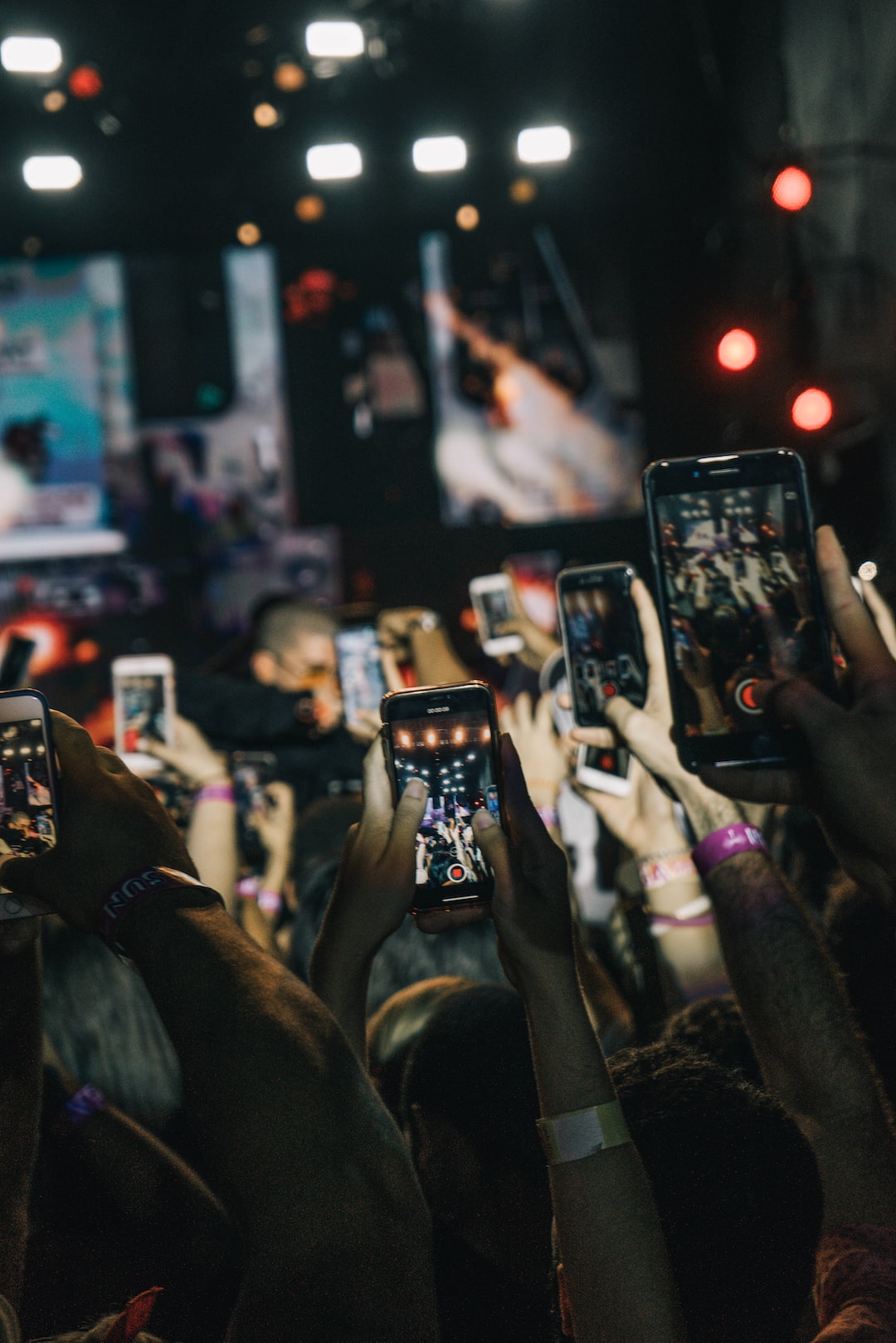Social Media and its Influence on Body Image Perception
In today’s digital age, social media has revolutionized the way we connect, communicate, and share information. Platforms like Facebook, Instagram, and Twitter have become an integral part of our everyday lives. However, along with its many benefits, social media has also brought about some negative consequences, particularly when it comes to body image perception.
One of the most prominent issues associated with social media is the rise of unrealistic beauty standards. Scrolling through our feeds, we are bombarded with images of perfectly sculpted bodies, flawless skin, and impeccable beauty. These images, often heavily edited and filtered, contribute to a distorted perception of what is considered beautiful and desirable.
Following influencers and celebrities who flaunt their seemingly flawless bodies can lead to feelings of inadequacy among social media users. Research has shown that constant exposure to these images can greatly impact our self-esteem and body image perception. The constant comparison to unrealistic standards of beauty can make individuals feel dissatisfied with their own bodies and develop a negative body image.
Moreover, social media often promotes the idea that one’s worth is determined by their physical appearance. The pressure to maintain a certain body shape or size can be overwhelming, leading many to resort to extreme dieting or excessive exercise. This has given rise to a dangerous diet culture that prioritizes thinness over overall well-being.
Body positivity movements have gained momentum in recent years, with influencers and activists using social media to encourage self-acceptance and challenge societal beauty norms. However, their efforts are often overshadowed by the prevalence of unattainable beauty standards that continue to dominate social media platforms.
Social media has also given rise to a phenomenon known as “selfie culture.” Taking countless photos of oneself and sharing them on platforms like Instagram has become a norm in today’s society. While there is nothing inherently wrong with taking selfies, it can contribute to self-objectification and hyperfocus on physical appearance.
Additionally, social media filters have become increasingly popular, allowing users to modify their features and enhance their appearance. While these filters can be seen as a fun way to experiment with different looks, they can also perpetuate unrealistic beauty standards and further distance users from accepting their true selves.
Furthermore, social media platforms’ algorithms play a significant role in shaping body image perception. These algorithms are designed to show users content that aligns with their interests and preferences. This can create an echo chamber effect, where users are constantly exposed to similar body types and beauty standards, reinforcing the idea that there is only one acceptable standard of beauty.
To combat the negative influence of social media on body image perception, it is essential to promote media literacy and critical thinking skills. By educating users on the prevalence of digital manipulation and the unrealistic nature of the images they encounter, individuals can develop a more objective perspective.
Moreover, it is crucial to diversify the representation of bodies and promote inclusivity on social media platforms. By highlighting individuals of different sizes, shapes, and ethnicities, we can challenge the notion that there is a singular ideal of beauty.
In conclusion, social media has undeniably impacted body image perception in our society. From unrealistic beauty standards to self-objectification, the negative consequences cannot be ignored. It is essential to raise awareness about the harmful effects of social media and work towards creating a more inclusive and accepting online environment. By promoting body positivity, diversity, and media literacy, we can strive for a healthier relationship with social media and ourselves.

